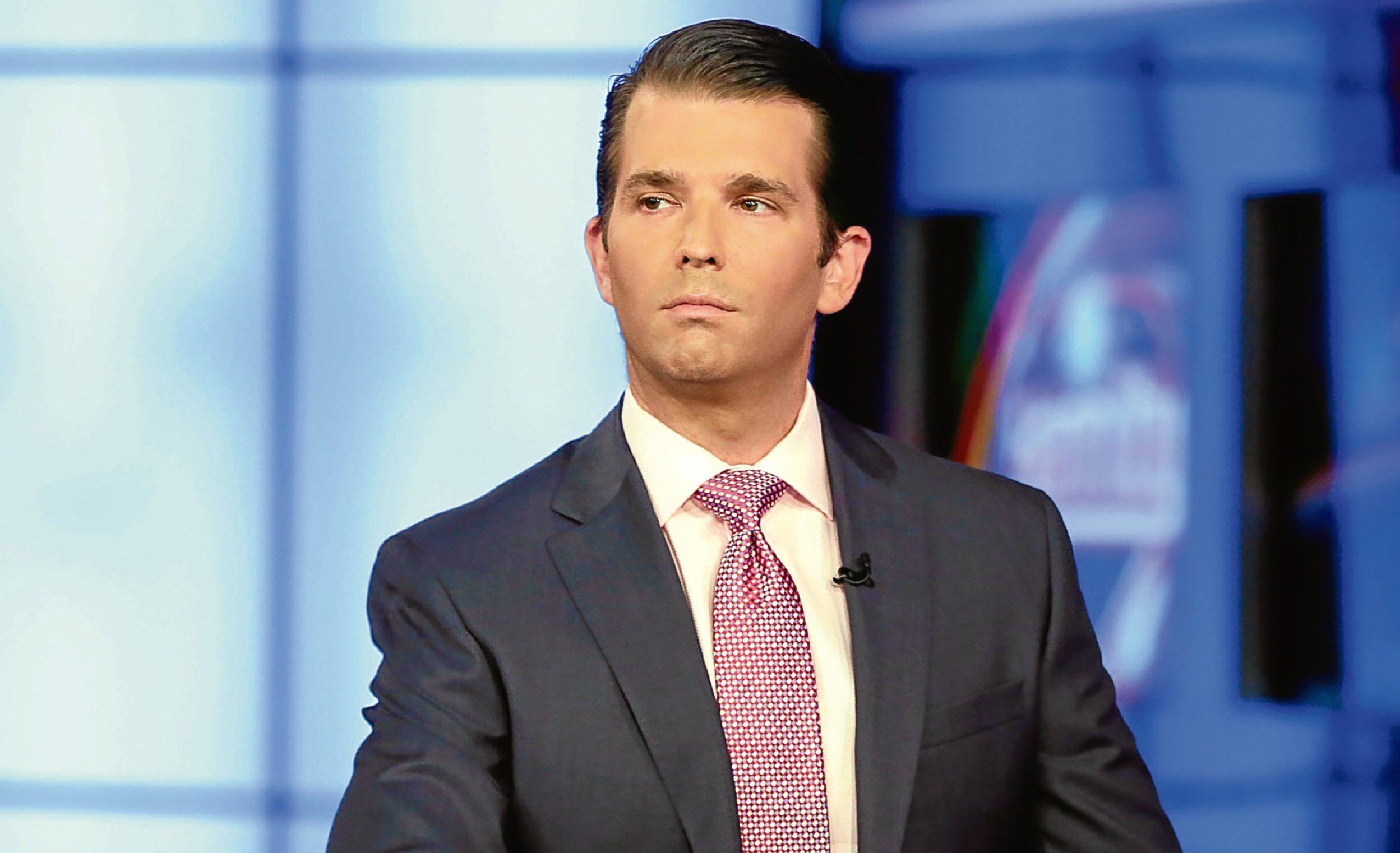So many questions flow from the bizarre connection of Donald Trump’s election campaign to Russia that it’s easy to forget the important one: why?
Why did Donald Trump’s campaign welcome and work with people from Moscow?
Donald Trump Jr met a lawyer described to him as a “Russian Government Attorney” last summer. He did so because, he was told, she had information which could damage Hillary Clinton’s campaign.
We know this because Donald Trump Jr has released an email chain where these words are used.
Previously, the only public information about the link between the presidential campaign of Mr Trump and Moscow concerned the meetings held by the former national security adviser Michael Flynn and the Russian ambassador to Washington before the election.
Mr Flynn lied to colleagues about these meetings and was fired.
These meetings and reports of FBI knowledge of other associations led to an FBI inquiry – ongoing – into links between Mr Trump and Moscow.
You will have read much commentary on this already, mostly about the suitability of Mr Trump as a president and the possibility of him being impeached.
What has not been explored is the primary question: why would a man who wants to put America First – as he promised in his campaign and at rallies since – want to form a bond with a nation that opposes America?
There are good reasons why the USA and Russia should be friends. The “evil empire” of Ronald Reagan’s day is no longer.
Russia is a capitalist country, it trades globally and is, nominally, a democracy.
It makes sense that the old stand-off between Russia and the USA is ended. There is no ideological reason why the north of the planet should not be united from Alaska to Alaska.
The difficulty is centuries of mistrust and hostility. This grand vision of normalised USA/Russia relations does not feature in Mr Trump’s rhetoric.
If he wants to thaw a cold relationship, then he has not said as much or put it into any context. All we have to work on is Mr Trump’s fondness for saying he can cut a deal.
In this it remind us of Margaret Thatcher saying Mikhail Gorbachev was a man she could deal with.
But Mrs Thatcher and Mr Gorbachev had a clear purpose: to talk down an arms race. Mr Trump has offered no such purpose, which leaves us to imagine he has some other motive for accepting gifts from Moscow.
Being offered damaging information about a US presidential candidate and senator from a foreign government is a crime. Donald Trump Jr must have known this.
Yet he writes that he “loves” the idea of sabotaging Mrs Clinton with information from a Russian government source; this is either stupidity or the casualness of someone familiar with the idea of working in cahoots with Moscow.
What was the motive for being so open with a foreign government, so willing to engage?
Is Mr Trump, in fact, a Manchurian Candidate – a sleeper agent programmed to bring America down? That doesn’t seem plausible.
More credible is that in the world of property development and bankruptcy, he came across people from Russia who had money to invest and from there a relationship grew, built on the idea that governments are essentially business opportunities.
This plays to the idea that Mr Trump wanted the presidency as an ultimate business opportunity.
Alternatively, Mr Trump’s outrage at the Russian “hoax” is genuine and he didn’t know what was going on around him, but the mindset of his son and colleagues was to do whatever was opportune to advance business interests.
We are getting a little closer to having some of the questions about this strange affair answered.
Most interesting is not what he did, but why he did it.
